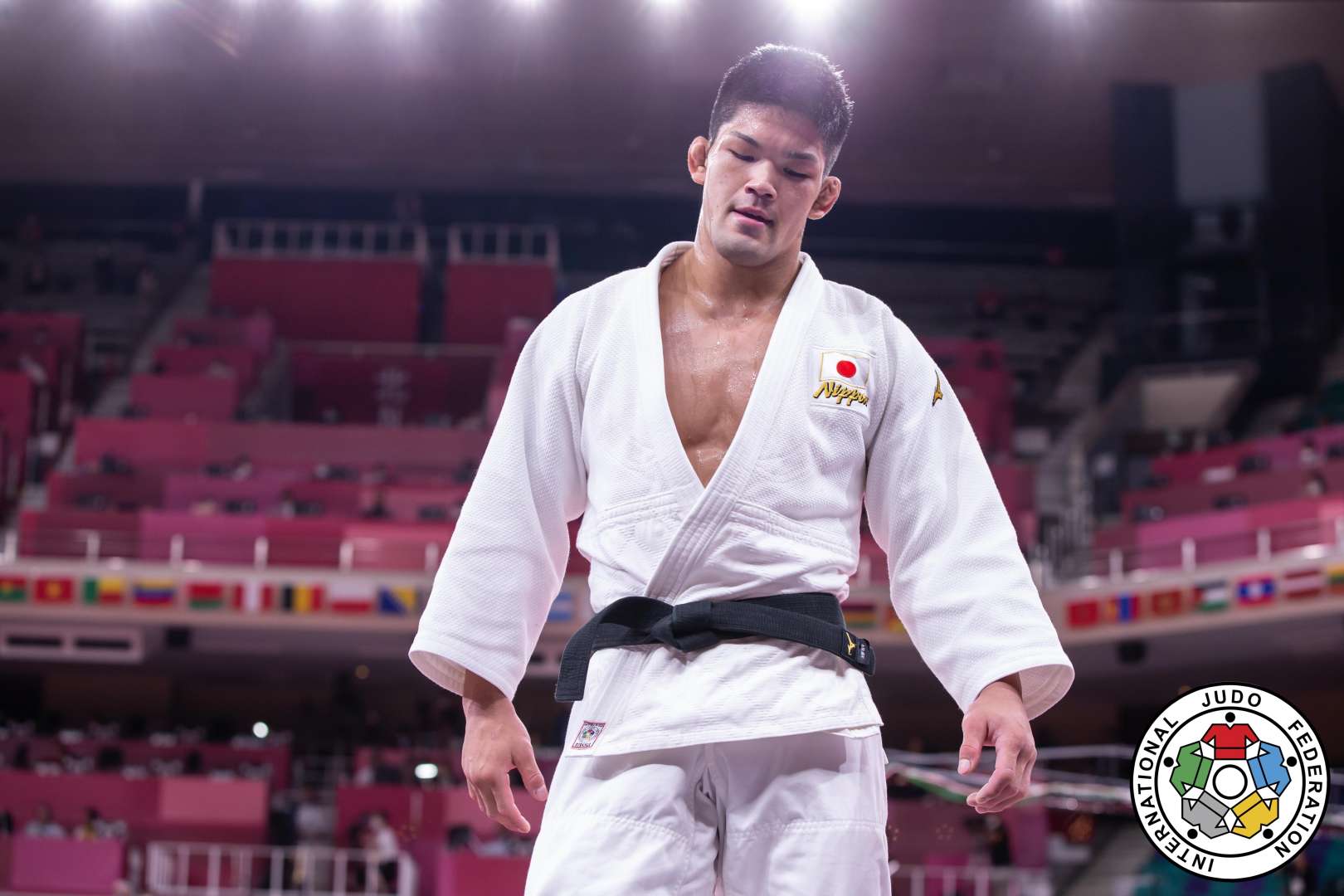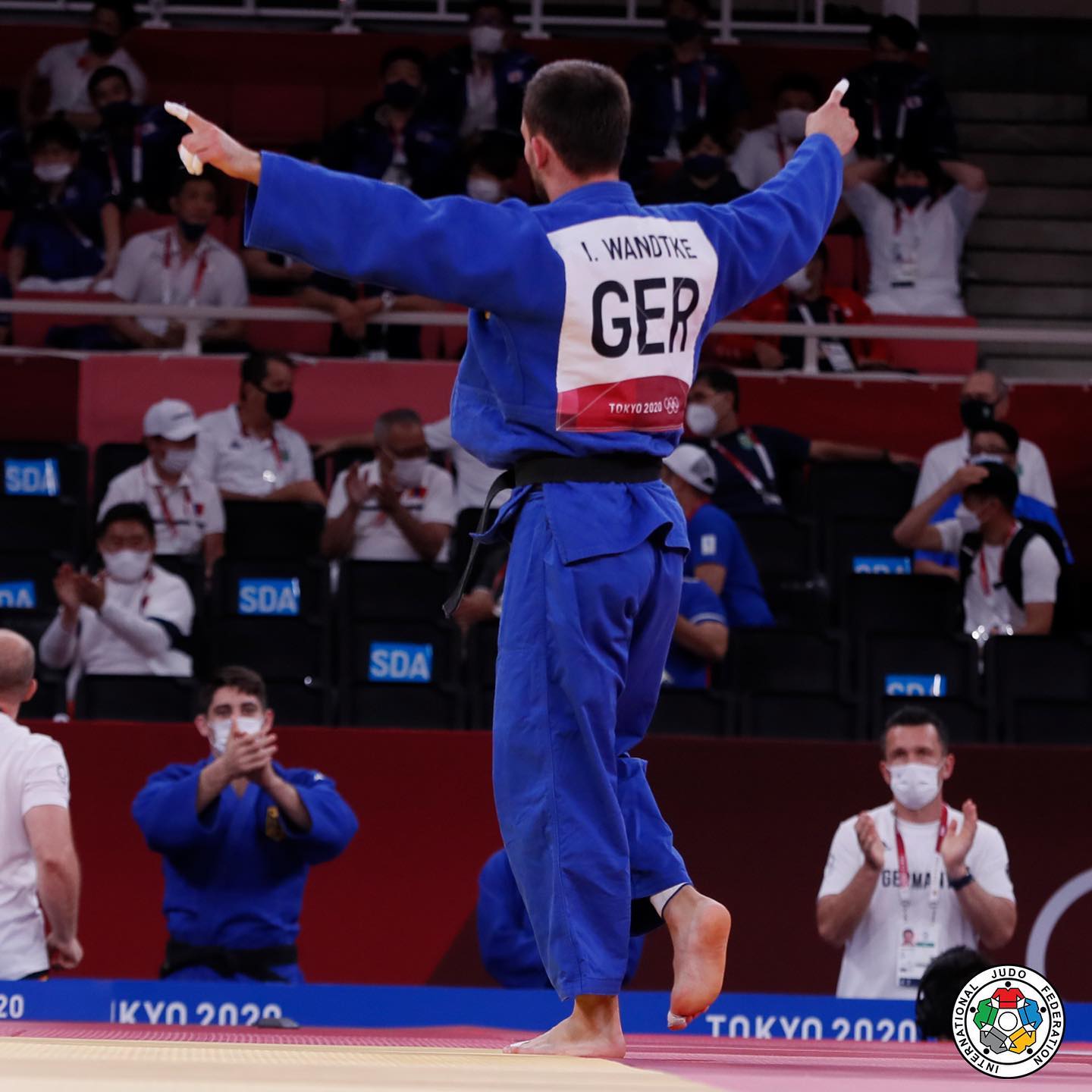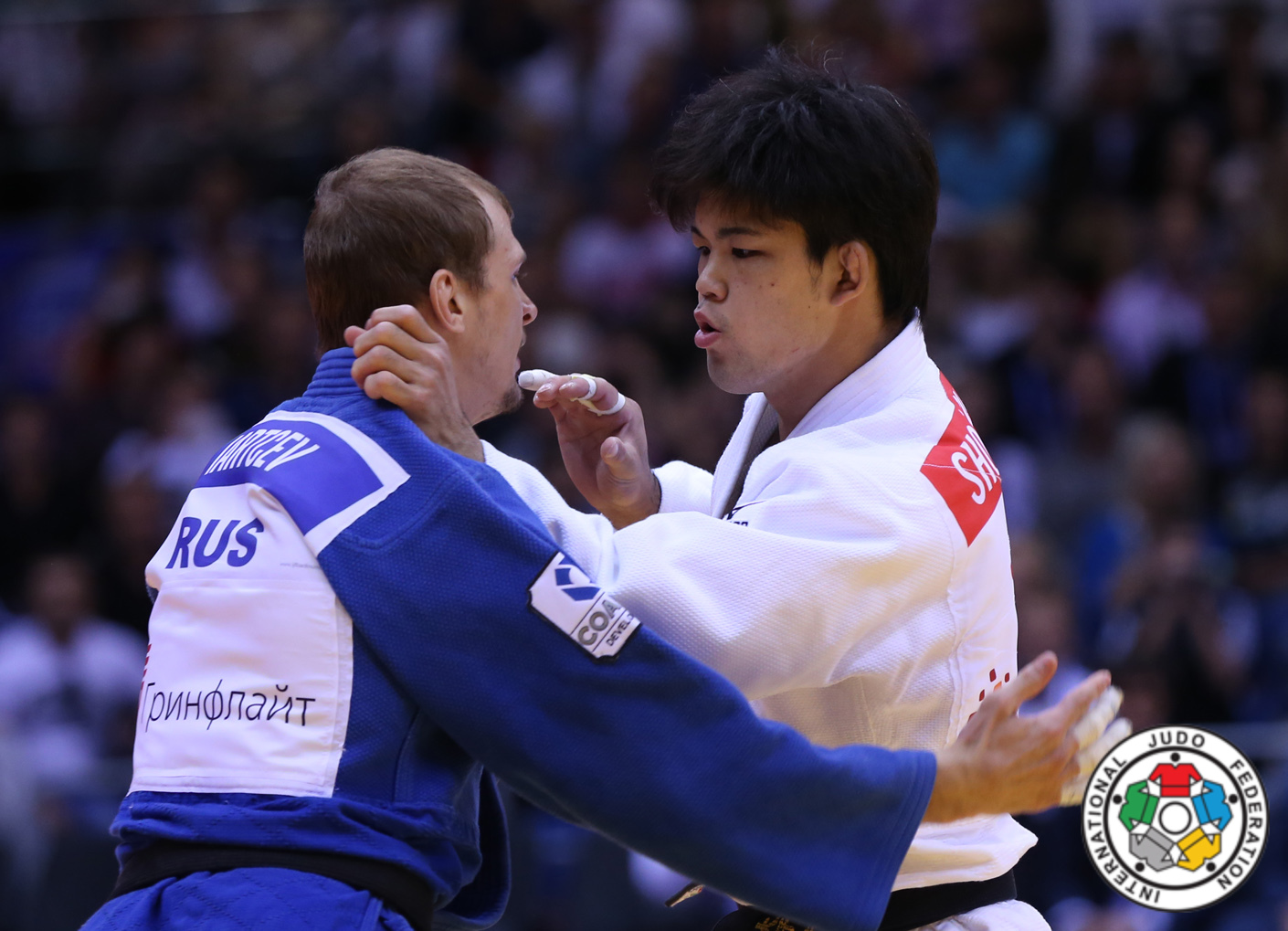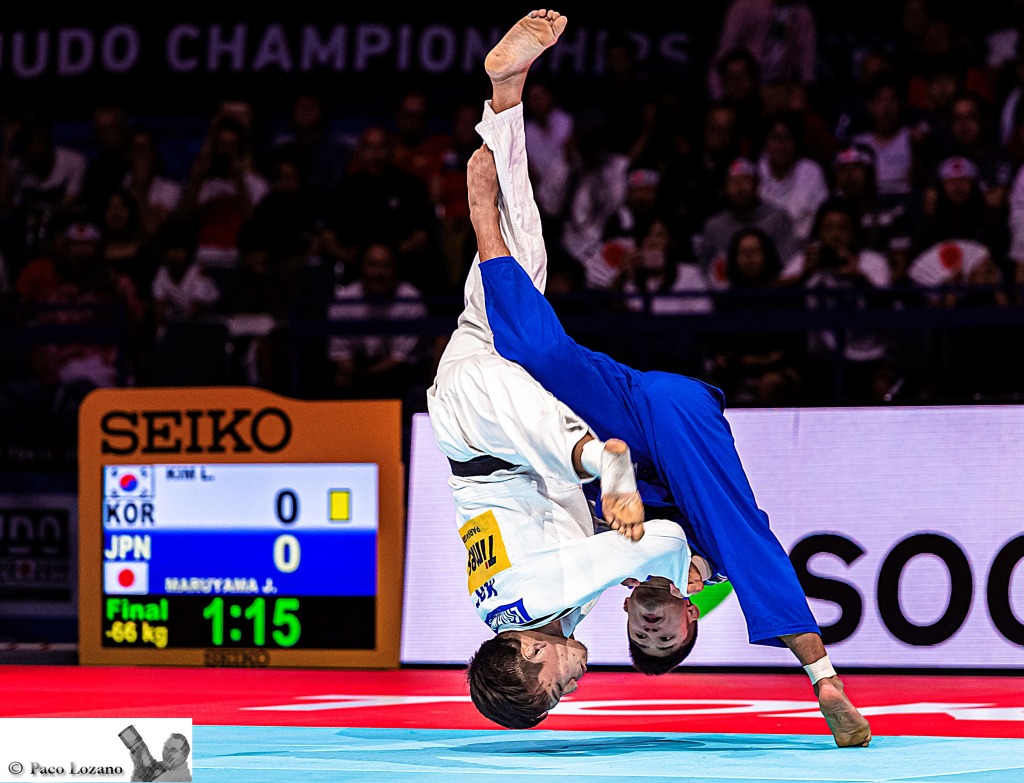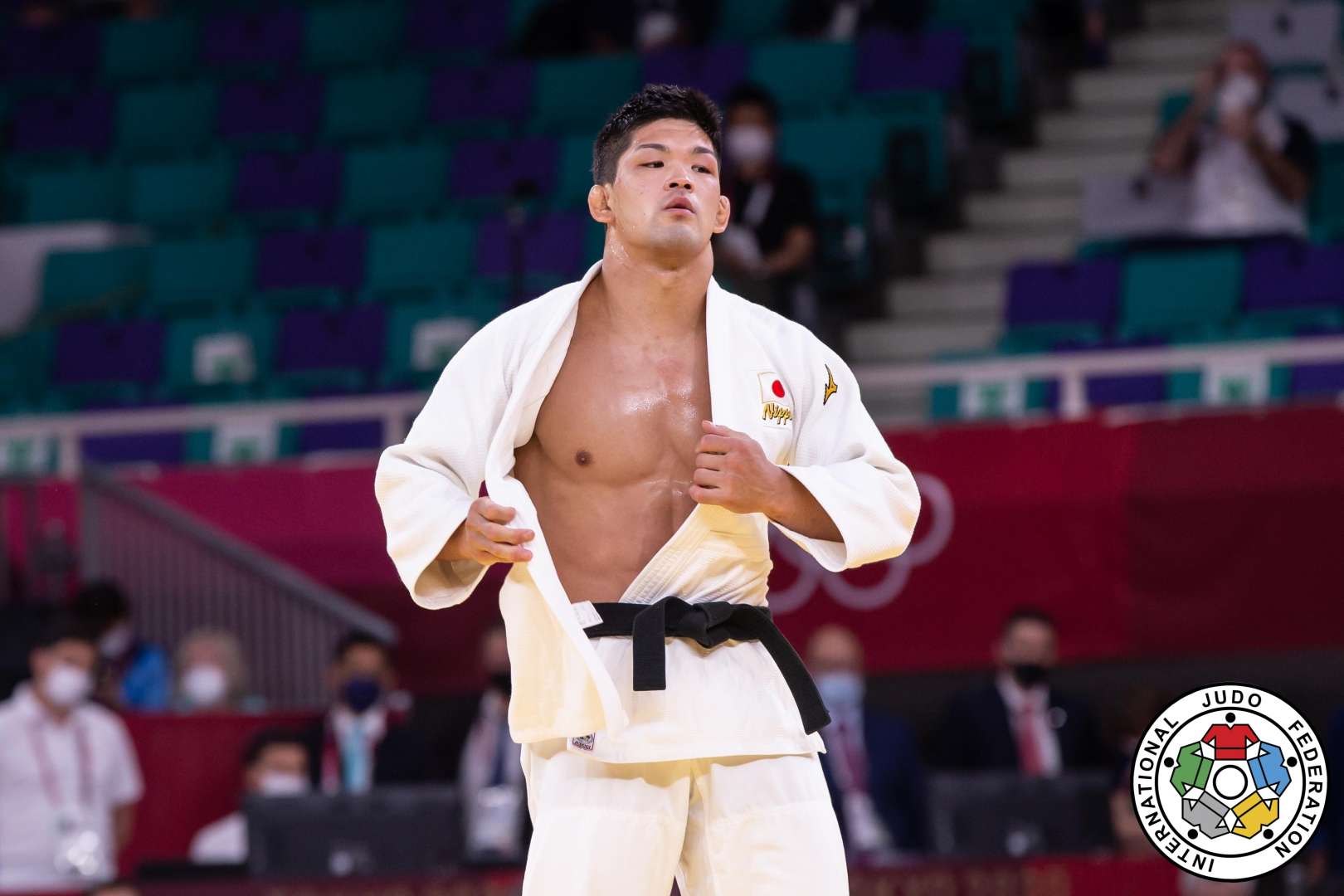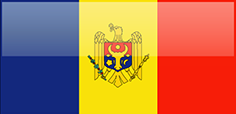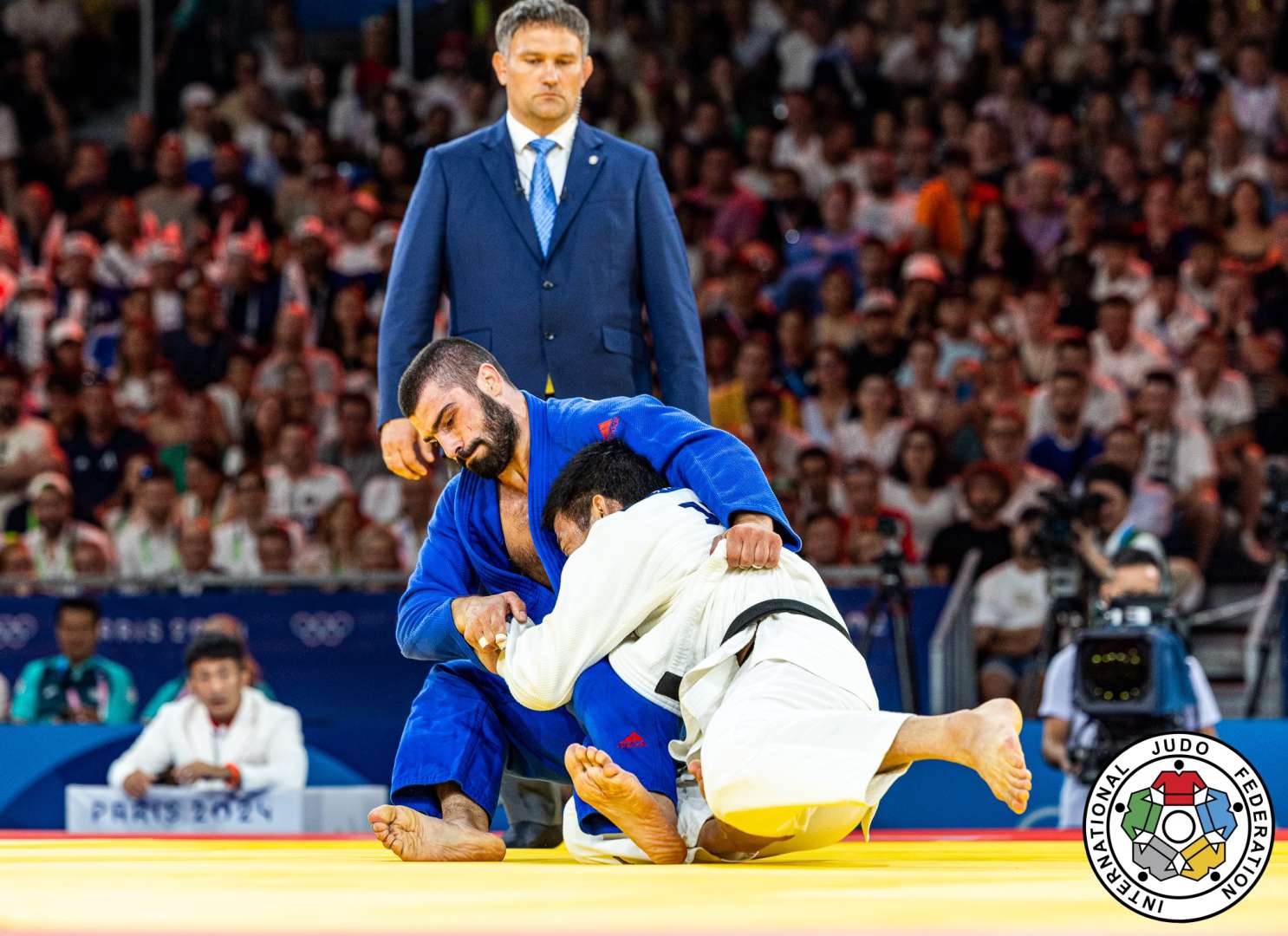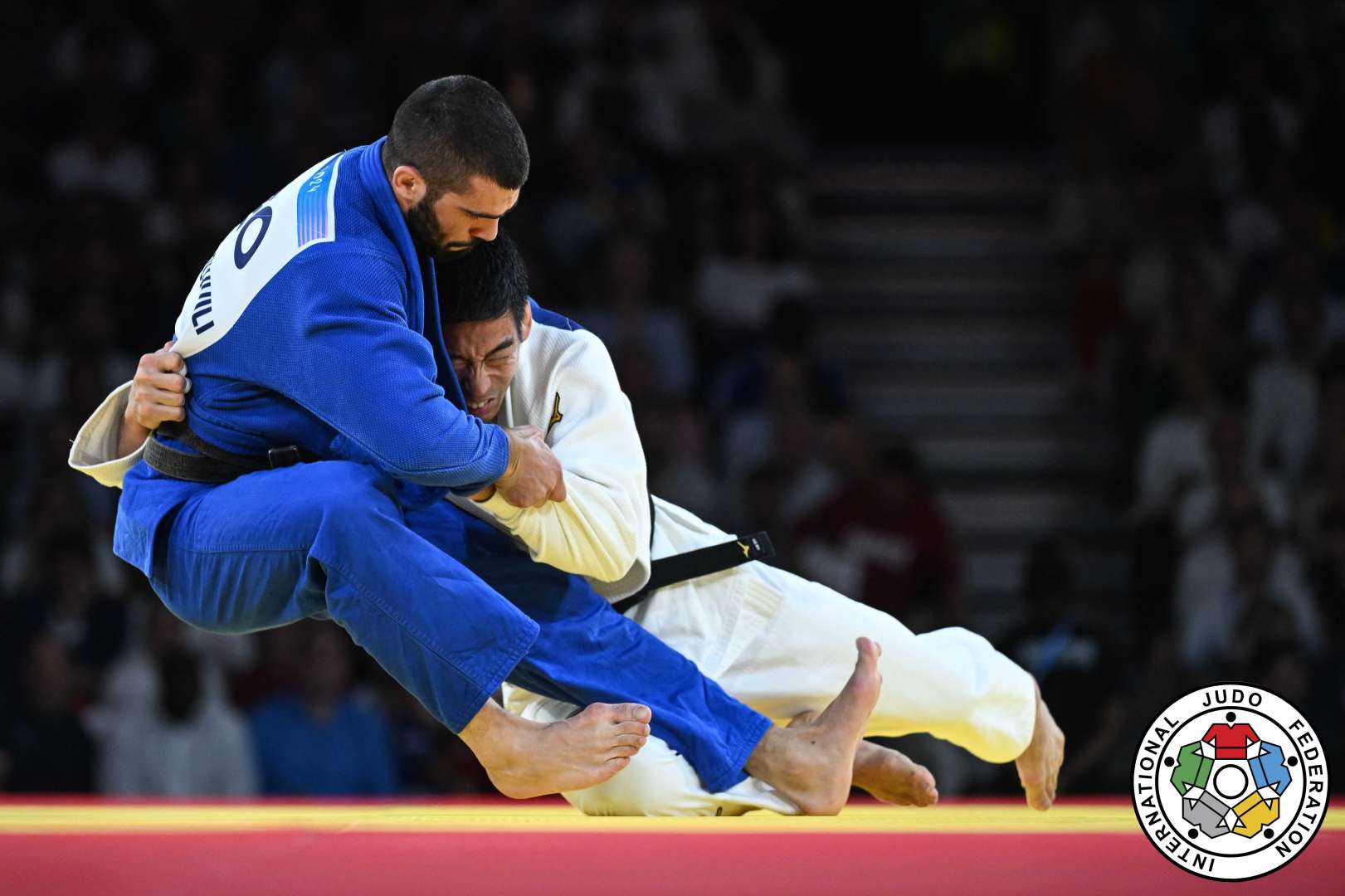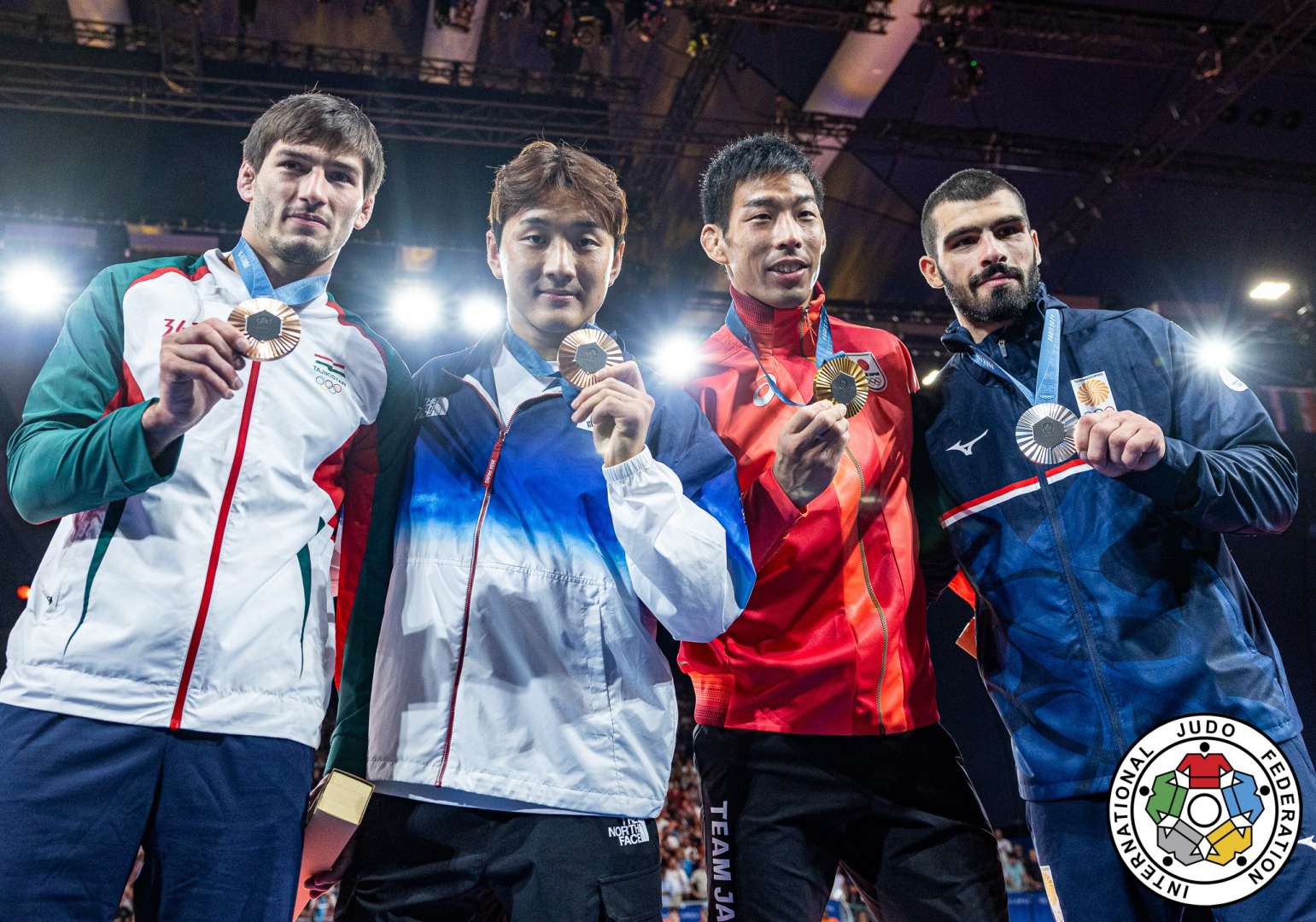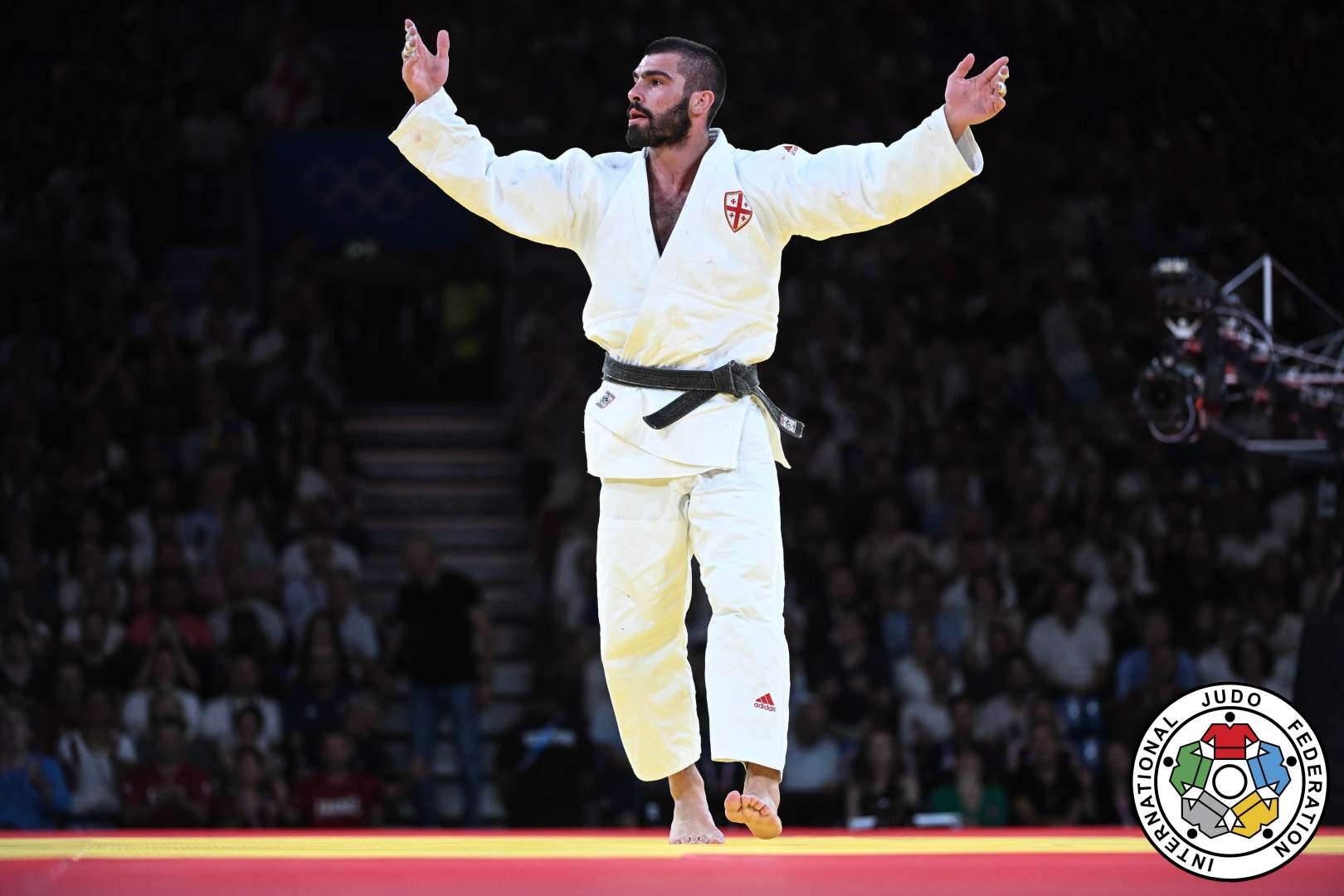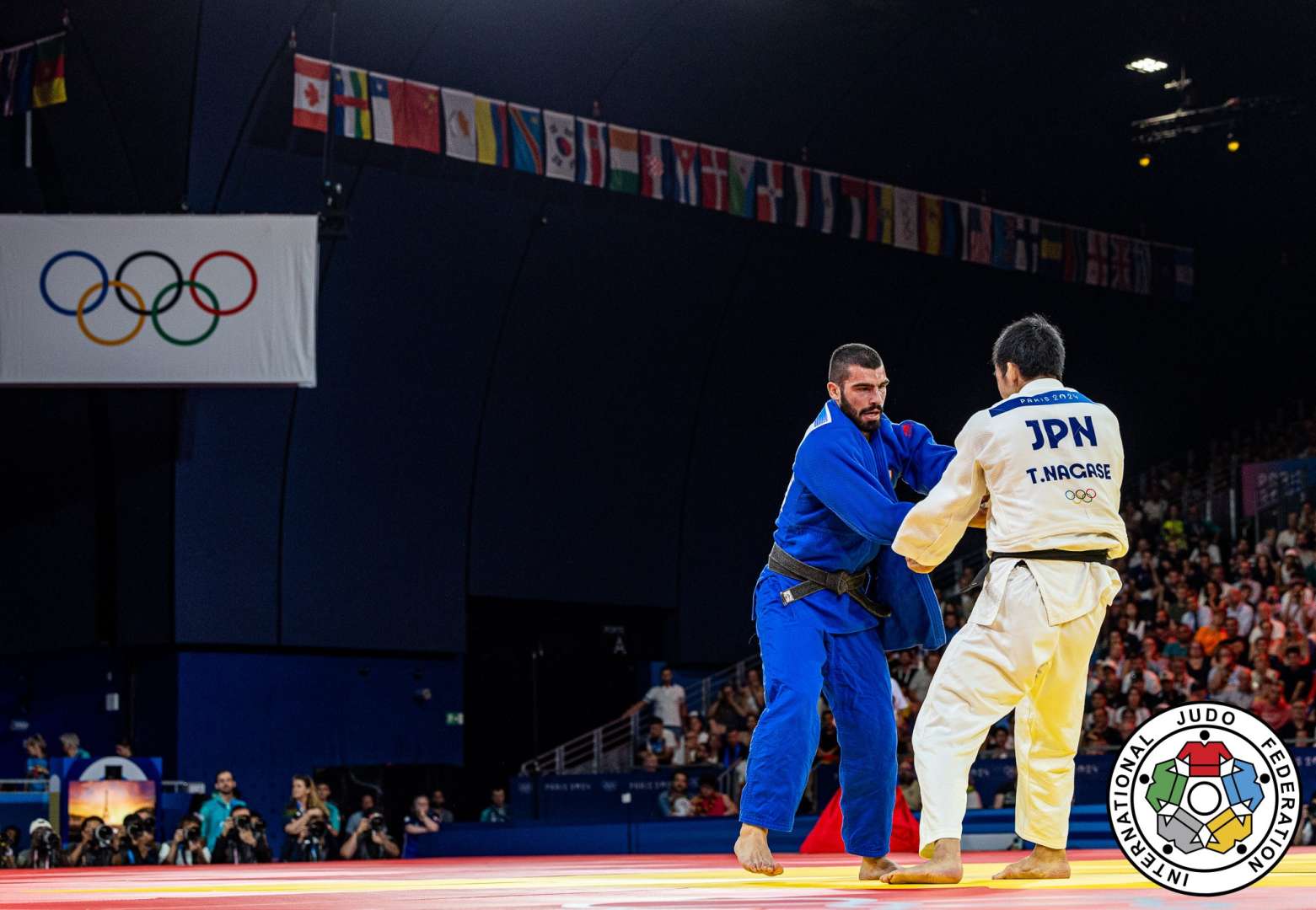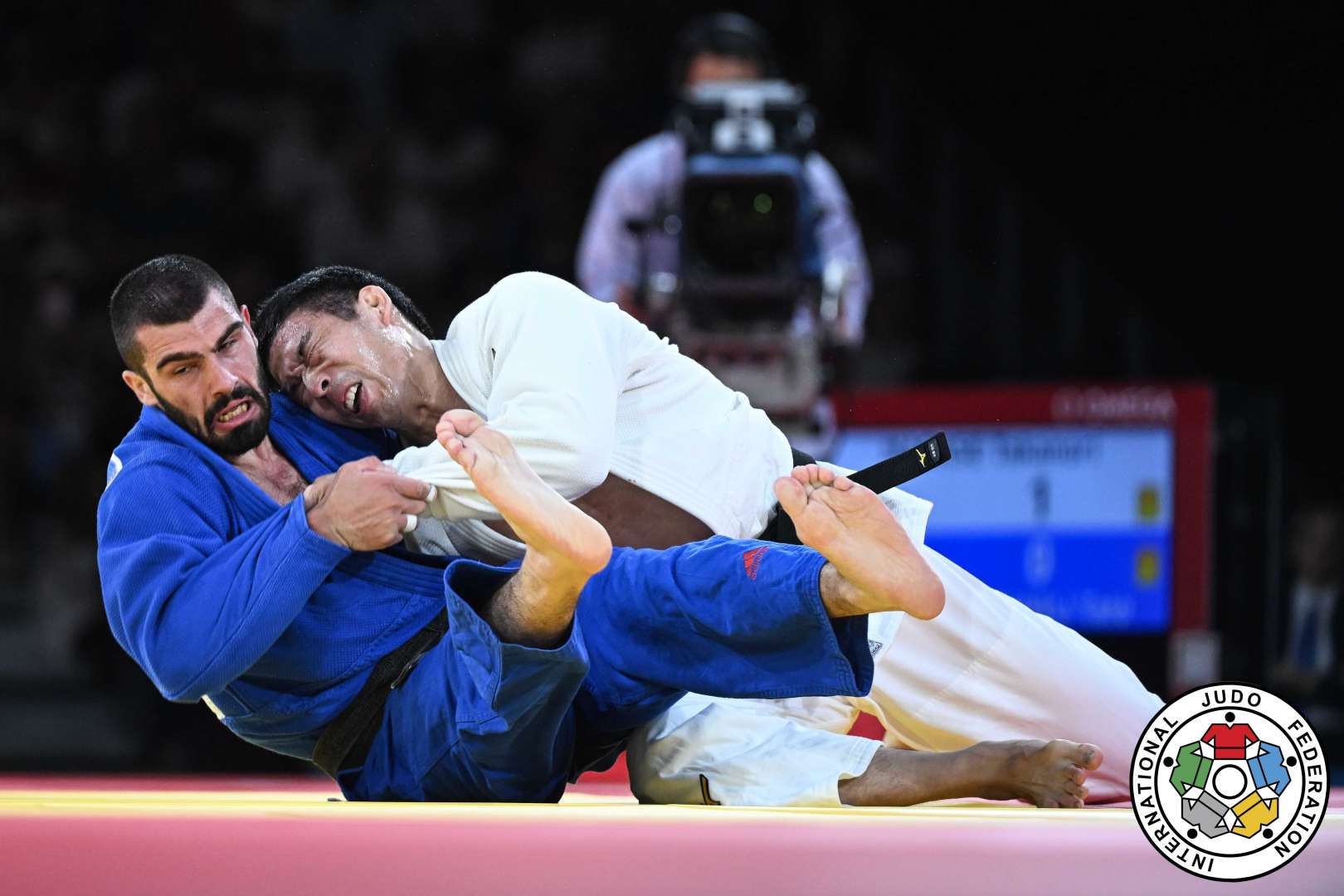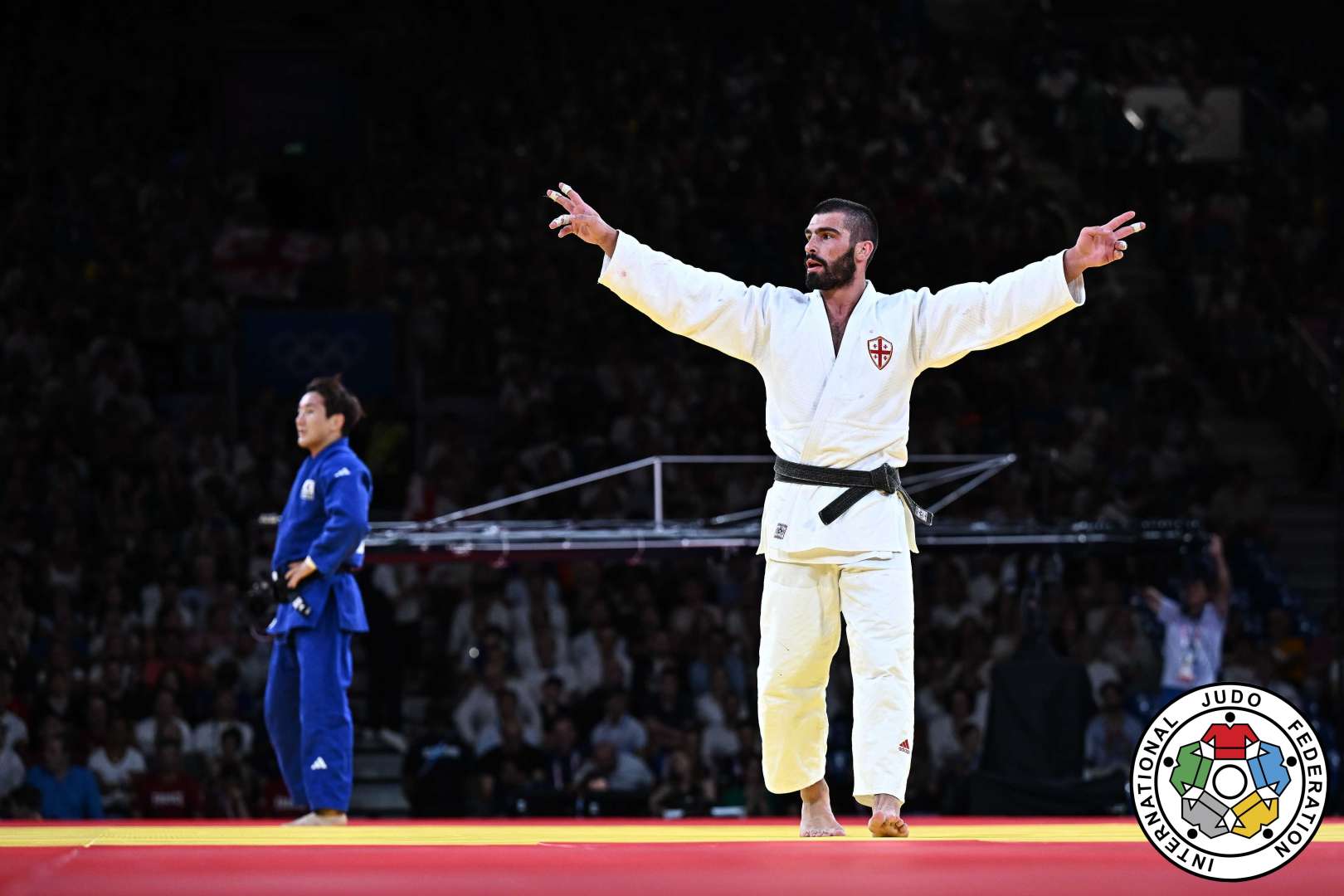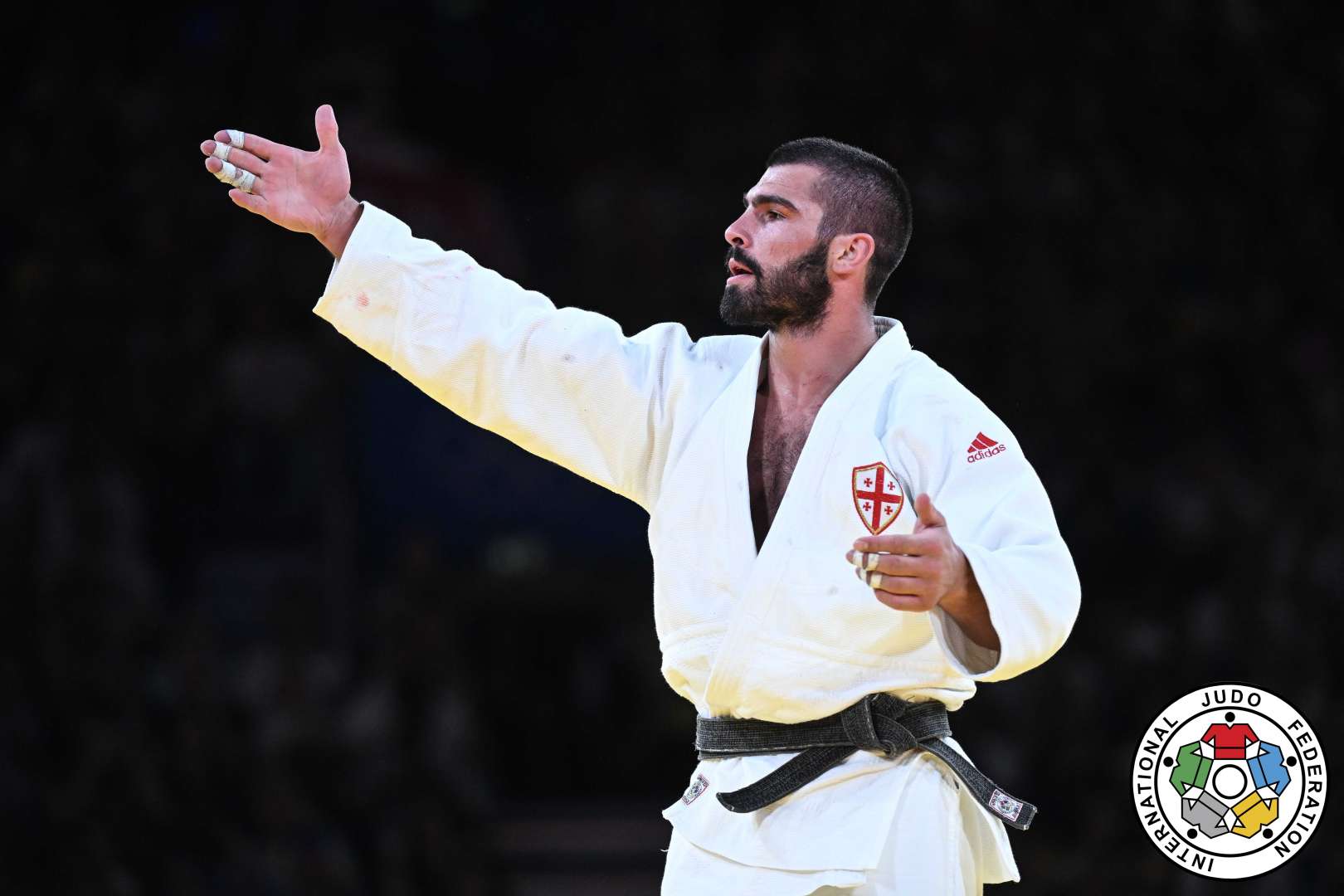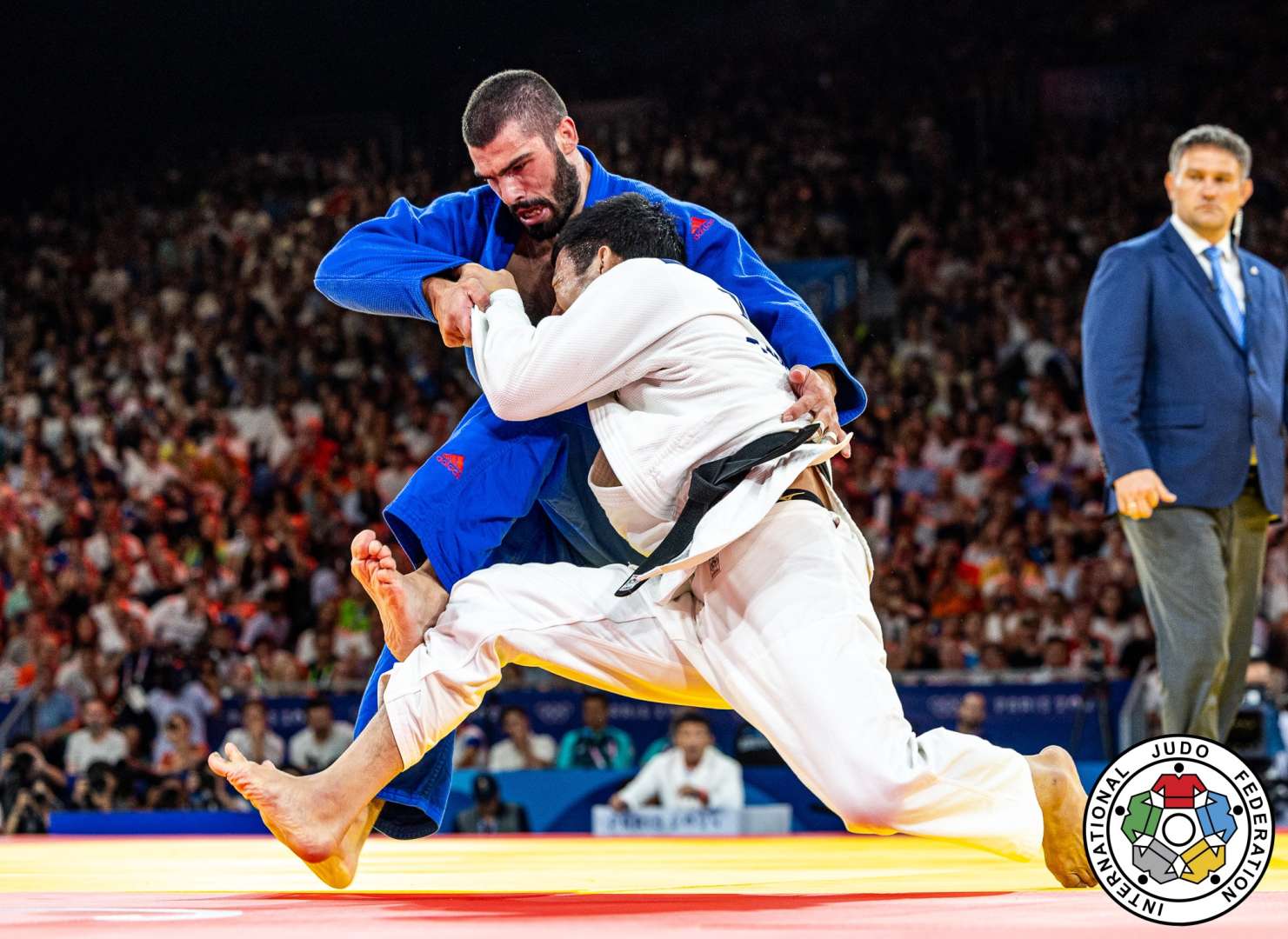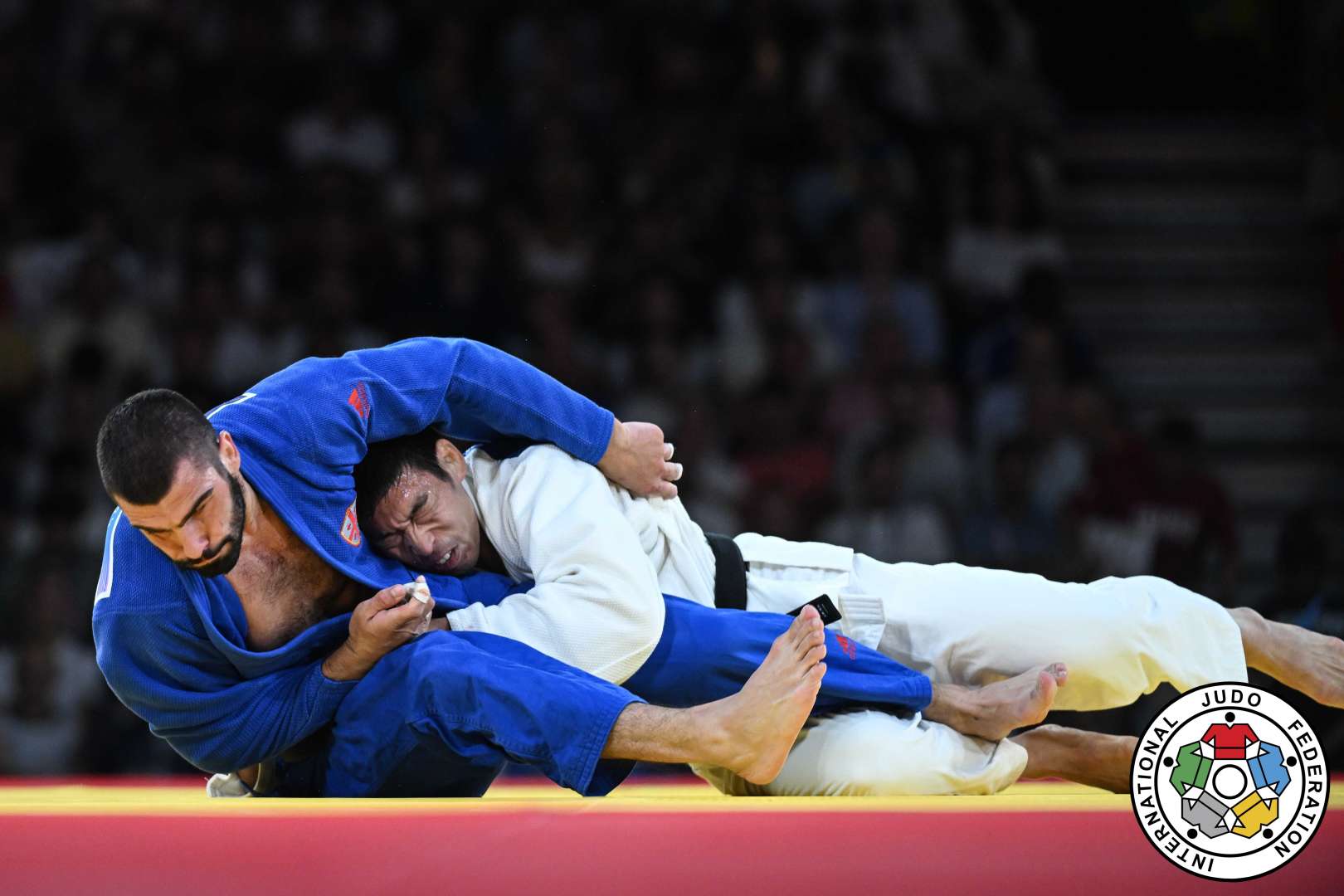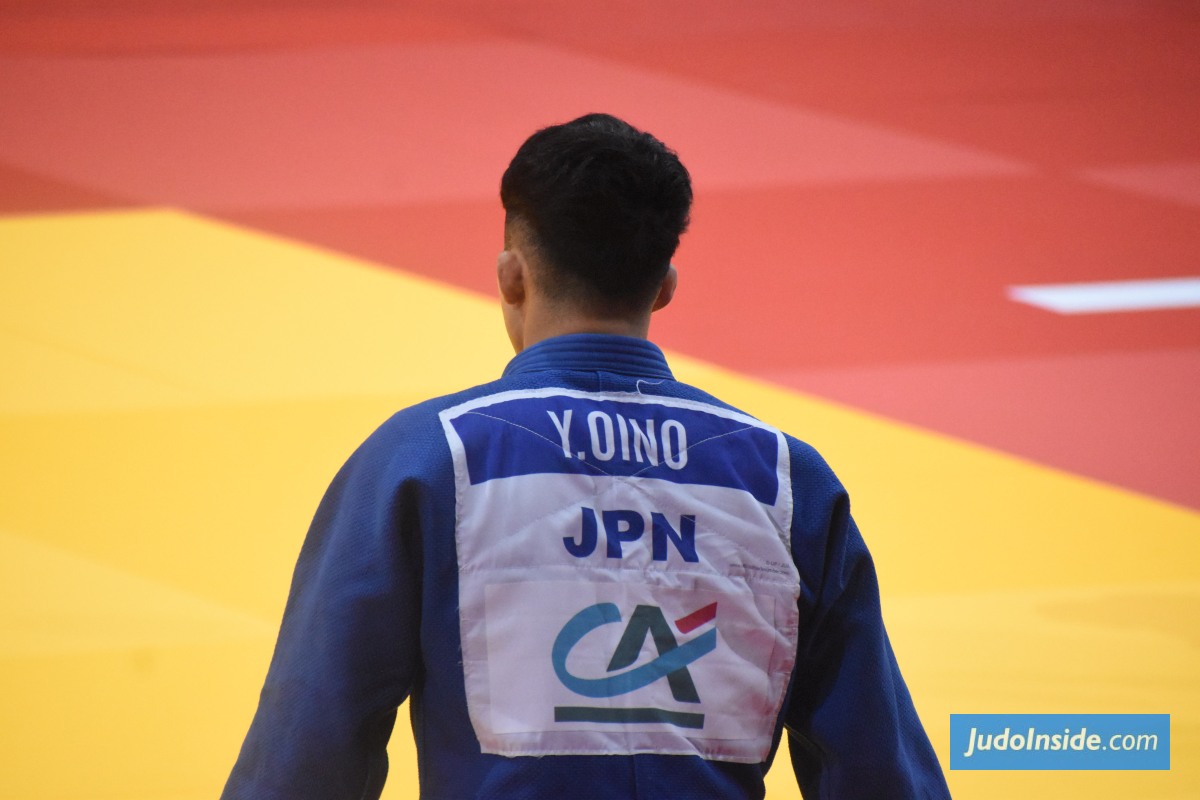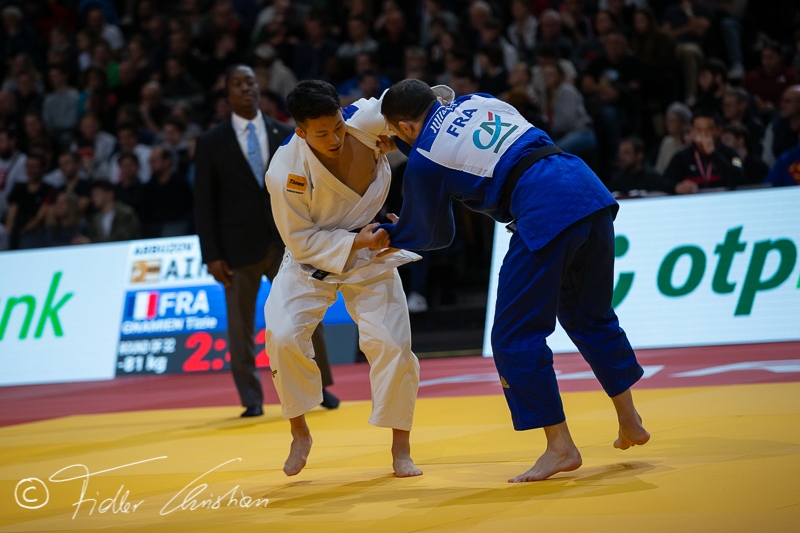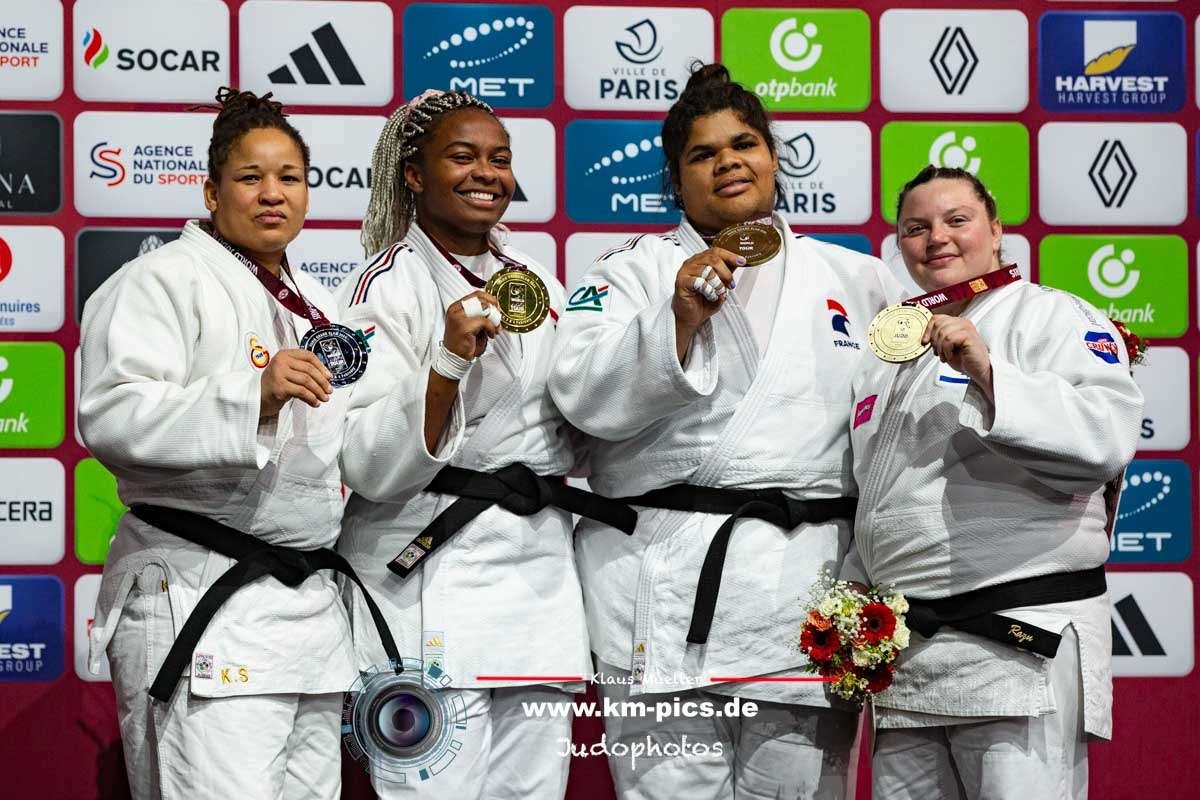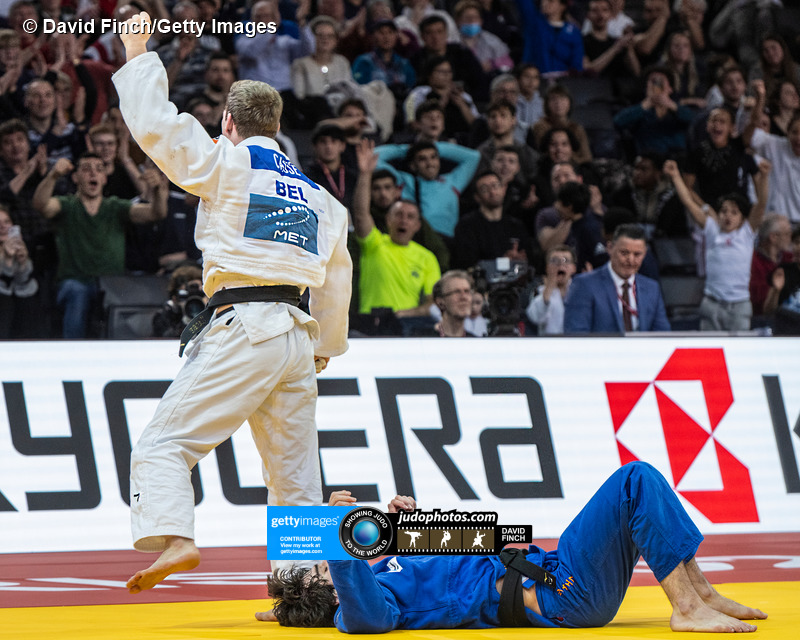Shohei Ono almost invincible
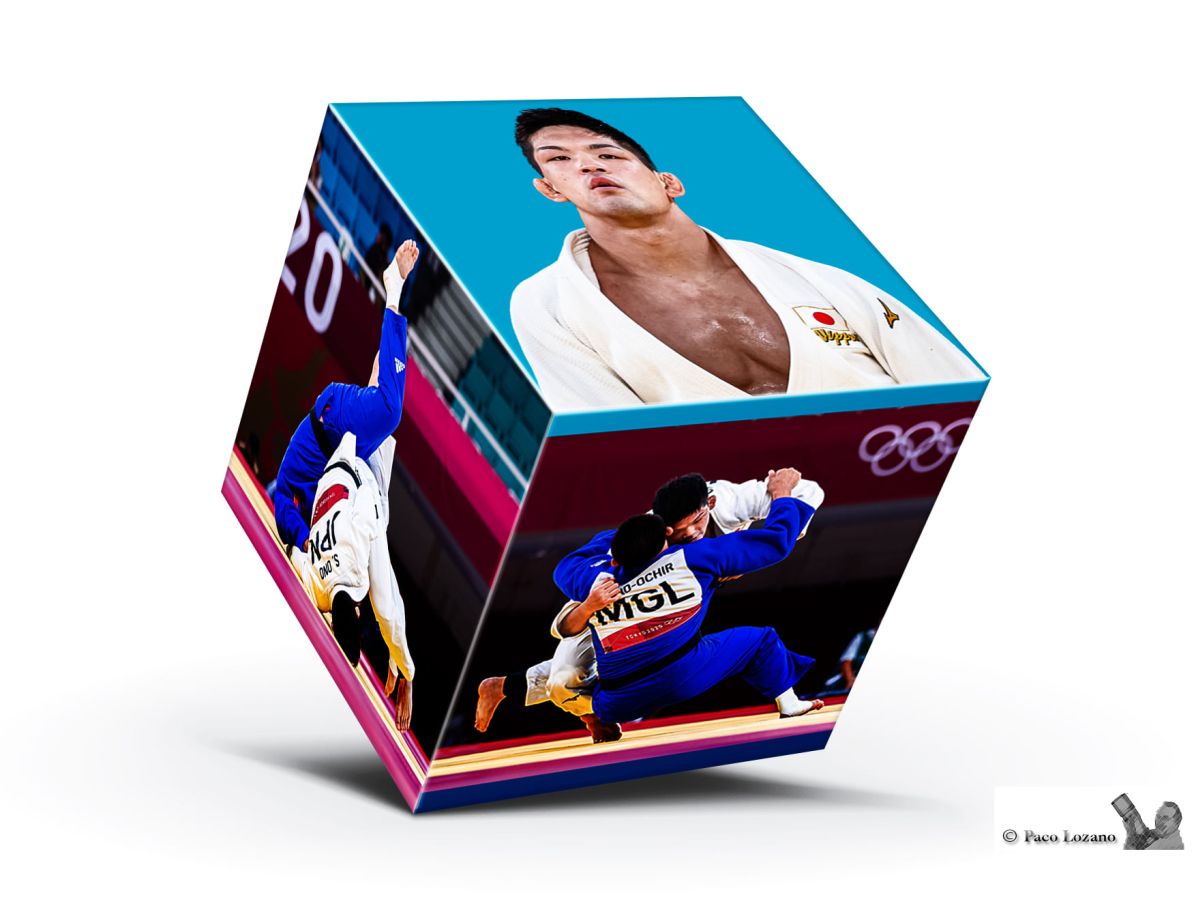
 16 Dec 2022 18:25
16 Dec 2022 18:25
 by JudoCrazy and JudoInside
by JudoCrazy and JudoInside
 Paco Lozano / Judo y Otros
Paco Lozano / Judo y Otros
Shohei Ono, arguably the most feared and admired judoka of his generation, has announced his retirement from competition to pursue a career in coaching. It’s been reported that he will be going to England to learn English and to broaden his exposure to judo coaching in a different environment.
Many had expected him to defend his Olympic title which, if he were successful, would have meant he would equal the great Tadahiro Nomura in winning three Olympic gold medals. But while Nomura has one World title, Ono has three, so if he had gotten three Olympic golds as well, he would have actually surpassed Nomura.
Now, we know that’s not going to happen. But he does join the ranks of Japanese greats Yasuhiro Yamashita and the late Hitoshi Saito, who retired on top. Yamashita, who was never defeated in competition (domestically and internationally) retired after winning his Olympic title in Los Angeles. Saito, retired after winning his second Olympic title in Seoul. He was the first judo player to win two Olympic golds.
Japan’s greatest judoka
Japan has many top champions who can be considered as “great”. These names include Ryoko Tani, the late Toshihiko Koga, Kosei Inoue, Keiji Suzuki, and as mentioned earlier, Tadahiro Nomura. However, all these players stayed on past their prime and retired not on top but after defeat.
Tani is a double Olympic Champion who won the World title a whopping seven times. Her range of judo techniques was hard to believe. But she was already 33 when she competed in her last Olympics, in Beijing, where she lost in the semifinal to Alina Dumitru of Romania. She retired after that.
Koga is an Olympic and triple World Champion, and was probably even more feared in his day than Ono is today. Many people assume he retired in 1996 after losing the Atlanta Olympics final against Djamel Bouras of France. Actually, Koga tried to make a comeback and took part in the 2000 Moscow World Cup but there, he lost in the quarterfinal to Alexandru Ciupe. Koga had easily beaten Ciupe in the 1995 Tokyo World Championships. After the Moscow competition, Koga retired.
Kosei Inoue
Inoue is an Olympic and triple World Champion. After retirement, he found great success as head coach of the Japanese men’s team. Most people remember his shock defeat at the 2004 Athens Olympics. He was at the peak of his powers when Elco Van Der Geest of the Netherlands threw him for ippon in the quarterfinal. A demoralized Inoue went on to lose in the repechage to Movlud Miraliyev of Azerbaijan. But his story didn’t end there. Inoue made a comeback at the 2007 Rio World Championships. There, he lost to a young Teddy Riner in the preliminary rounds, and lost in the bronze medal fight against home favorite, Joao Schlittler of Brazil. In 2008, Inoue took part in the Tournoi de Paris (the precursor to today’s Paris Grand Slam) and lost in the semifinal, again to Riner. He later lost the bronze to Uzbekistan’s Abdullo Tangriev. Inoue retired after that.
Suzuki, an Olympic and double World Champion, was Inoue’s great rival. Today, he is the Japanese men’s head coach. Suzuki won his first World title in 2003, Olympic gold in 2004, and his second World title in 2005. He continued competing for another seven years but was not able to win another World or Olympic title. His last competition was the Dusseldorf Grand Prix where he lost in the semifinal to Adam Okruashvili of Georgia. He retired after Dussseldorf.
Tadahiro Nomura
Nomura is widely, and rightly, regarded as the greatest champion of all time on account of his three Olympic gold medals. Most people might assume he retired after winning his third Olympic gold in 2004 but Nomura continued competing for another six years, with his last competition being the 2010 Rome World Cup, where he lost to Brazil’s Felipe Kitadai in the preliminary rounds.
Ono undefeated in individual matches
Unlike Yamashita, whose unbeaten track record will probably never be replicated, Ono has lost a handful of times, most notably at the 2014 Chelyabinsk World Championships, where he was footswept for ippon by a relatively unknown South Korean in the preliminary rounds. In that championship, he also lost in the Team event to Denis Iartcev of Russia. Later that year, in the Tokyo Grand Slam, he lost to his compatriot, Hiroyuki Akimoto in the final. But after 2014, Ono has had a perfect track record of being undefeated.
Well, that’s not entirely true. He did get beaten by Germany’s Igor Wandtke in the Olympics Mixed Team event. But it is true that he was undefeated in the individual event since 2015. Although Ono is one of those players who did not compete that often, going six years undefeated is no mean feat. And although many fans are certainly disappointed that they will not get to see him go for a third Olympic gold, they should be happy that he is going out on top.
If you enjoy this article, please consider becoming a patron to support our efforts to produce quality content like this.
 like
like
 share
share
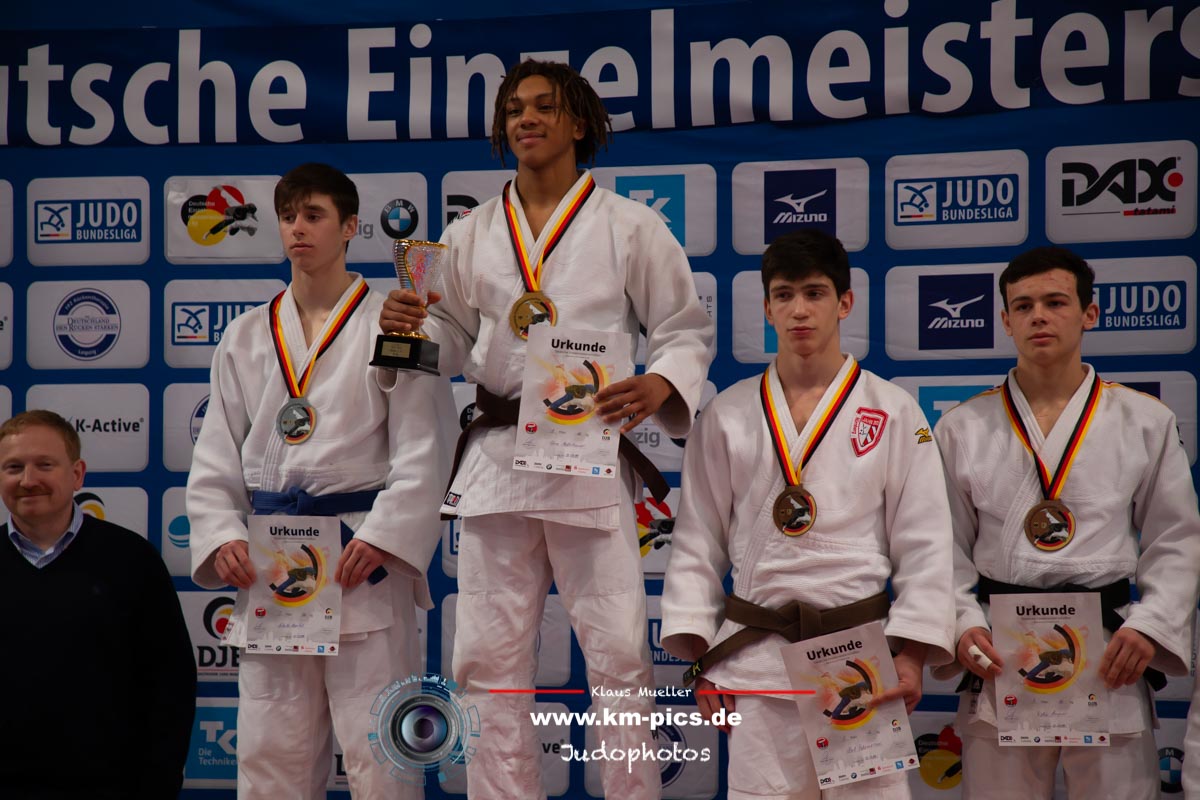
| Result | City | Date |
|---|---|---|
| 2 | Paris | 2024 |
| 1 | Abu Dhabi | 2024 |
| 1 | Zagreb | 2024 |
| 3 | Belgrade | 2023 |
| 2 | Montpellier | 2023 |
